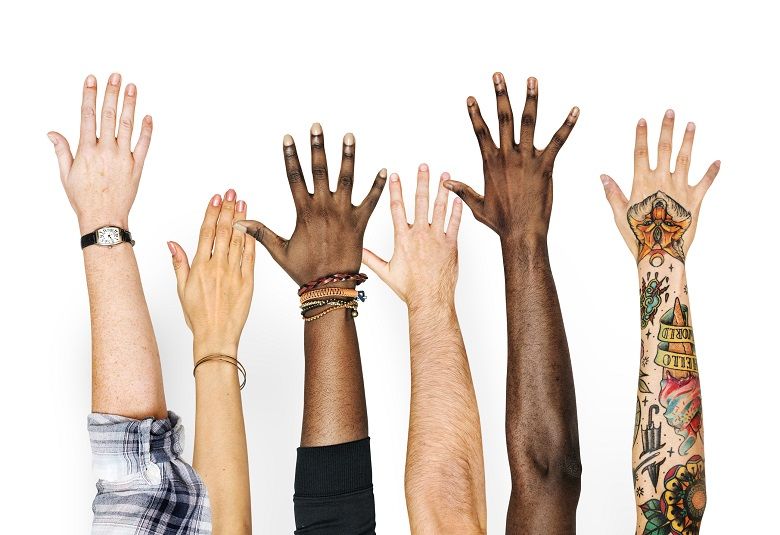Your Cart
Cultural Humility
The National Institutes of Health (NIH) defines cultural humility as “a lifelong process of self-reflection and self-critique whereby the individual not only learns about another's culture, but one starts with an examination of her/his own beliefs and cultural identities.”

Cultural Humility Pricipals
Online Courses:
Videos:
What is Cultural Humility?
Cultural Competency and Cultural Humility regard learning about other cultures, controlling your biases, adapting your behaviors and communications style considering the background of people around you, and being aware of power imbalances and biases, and respecting others’ values. Both have the goal of using knowledge about different groups to inform how you interact with others.
Cultural Humility.
The current state of affairs relative to social justice issues (race, gender, sexual identity and expression, religion, and socio-economic status) shows us that the need for diversity and inclusion in our society is greater than ever.
Cultural Humility: People, Principles and Practices.
30-minute documentary by San Francisco State Professor Vivian Chávez, that mixes poetry with music, interviews, archival footage, images of community, nature and dance to explain what "Cultural Humility" is and why we need it.
